In today’s fast-paced digital world, cloud computing isn’t just a buzzword—it’s the engine driving modern business innovation. If you’re working in traditional IT roles like system administration, you already have a strong technical foundation. Transitioning to cloud engineering is a natural next step, offering you the chance to enhance your skills, future-proof your career, and tap into a rapidly growing market.
This guide explains why cloud engineering is essential, the skills and certifications you need, how to gain practical experience through real-world projects, and how KodeKloud can support you throughout your journey.
Why Cloud is the Next Logical Step in Your Career
Cloud computing is revolutionizing the way businesses operate. Here’s why moving into cloud engineering is not just smart—it’s essential.
Widespread Adoption and Industry Momentum:
More than 90% of organizations now use the cloud in some capacity, demonstrating that cloud technology has become the industry norm (Source: O’Reilly). This widespread use indicates that traditional IT setups are giving way to agile, scalable cloud environments.
Accelerating Migration Trends:
Nearly 48% of businesses plan to migrate at least half of their applications to the cloud within the next year, and 20% intend to move all their applications. This rapid migration trend underscores the urgency for IT professionals to develop cloud skills, as companies seek to leverage the cloud’s flexibility and cost benefits (Source: O’Reilly).
Cloud-First Strategies for Innovation:
About 47% of organizations are adopting a cloud-first strategy. With 30% already cloud-native and another 37% aiming to be cloud-native within three years, companies are clearly betting on the cloud to drive innovation and streamline operations (Source: O’Reilly). Embracing cloud engineering means you’re aligning with a future-focused approach that prioritizes efficiency and continuous improvement.
Dominance in Workloads:
In one out of every five organizations, cloud-based workloads make up 75% of operations. This statistic highlights how central the cloud has become in managing day-to-day business functions, making cloud expertise highly sought-after (Source: Fortinet, 2021).
Soaring Global Investment:
Global spending on cloud services is projected to reach nearly $600 billion in 2023. Such massive investments reflect a strong industry commitment to cloud technologies and indicate a robust job market for cloud professionals (Source: Gartner).
📌 These compelling insights show that the shift to cloud isn’t just a trend—it’s a lasting transformation. For IT professionals, this means that upskilling and embracing cloud engineering is not optional, but essential to stay competitive and future-proof your career.
Skills and Certifications to Make the Switch
Your traditional IT background is a significant asset, but excelling in cloud engineering requires additional, cloud-specific competencies. Here’s what you need to focus on:
Leveraging Your Existing Skills:
Your expertise in system administration, networking, and security provides a strong foundation. These skills are directly transferable to managing cloud infrastructures, where understanding networks, server management, and security protocols remains vital.
Developing Cloud-Specific Competencies:
🧱 Virtualization & Containerization
Learn how virtual machines and containers (like Docker) are used to create scalable, flexible environments. This is crucial for managing distributed applications and microservices.
📜 Infrastructure as Code (IaC)
Master tools like Terraform and AWS CloudFormation to automate the provisioning and management of cloud resources. IaC practices reduce manual errors and improve deployment efficiency.
⚙️ DevOps and Automation
Gain proficiency in continuous integration/continuous deployment (CI/CD) pipelines using tools like Jenkins, GitLab, or CircleCI. Automation not only speeds up development cycles but also enhances overall operational reliability.
🔐 Cloud Security
Understand the best practices for securing cloud environments, including identity and access management, encryption, and compliance standards.
Pursuing Industry-Recognized Certifications:
Certifications validate your skills and boost your credibility. Consider pursuing:
Google Cloud Platform (GCP)
Amazon Web Services (AWS)
Microsoft Azure
Additional Learning Resources:
Online courses, webinars, boot camps, and self-paced tutorials can greatly enhance your understanding.
🎯 Look for hands-on labs and interactive training sessions that allow you to apply what you learn in real-time.
Investing in these skills and certifications not only equips you with the technical know-how but also signals to employers that you’re prepared to tackle modern cloud challenges head-on.
Real-World Cloud Projects and Hands-On Training
✅ Theory is important, but practical experience is what truly sets you apart in the job market.
Here’s how to build that crucial hands-on expertise
Project-Based Learning:
Start by working on small, manageable projects. For example, set up a Virtual Private Cloud (VPC) on AWS, deploy a simple web application, or create a microservices architecture using containers. These projects help solidify your understanding of cloud environments and demonstrate your ability to implement real-world solutions.
Building a Professional Portfolio:
As you complete projects, document your process and results. A comprehensive portfolio showcasing your projects, from initial setup to final deployment, can be a powerful tool when interviewing for cloud engineering roles. It not only highlights your skills but also shows your commitment to continuous learning and improvement.
Engaging in Interactive Cloud Labs:
Hands-on labs offer a safe environment to experiment without the risk of affecting live systems. These labs simulate real-world cloud scenarios, allowing you to practice configuration, troubleshooting, and optimization. They’re an excellent way to bridge the gap between theory and practice.
Collaborative Learning and Feedback:
Consider joining online communities or local meetups focused on cloud technologies. Engaging with peers and mentors can provide insights into industry trends, help solve complex problems, and keep you motivated throughout your learning journey.By investing time in real-world projects and hands-on training, you’ll gain the practical experience necessary to confidently transition into a cloud engineering role.
How KodeKloud Helps You Transition
Navigating the transition from traditional IT to cloud engineering can be challenging, but you don’t have to do it alone. KodeKloud offers a comprehensive learning ecosystem designed to support you every step of the way:
Structured and Guided Learning Paths:
KodeKloud’s courses are specifically crafted to bridge the gap between traditional IT and modern cloud engineering. The learning paths are structured in a way that builds on your existing knowledge while introducing you to new cloud technologies gradually.
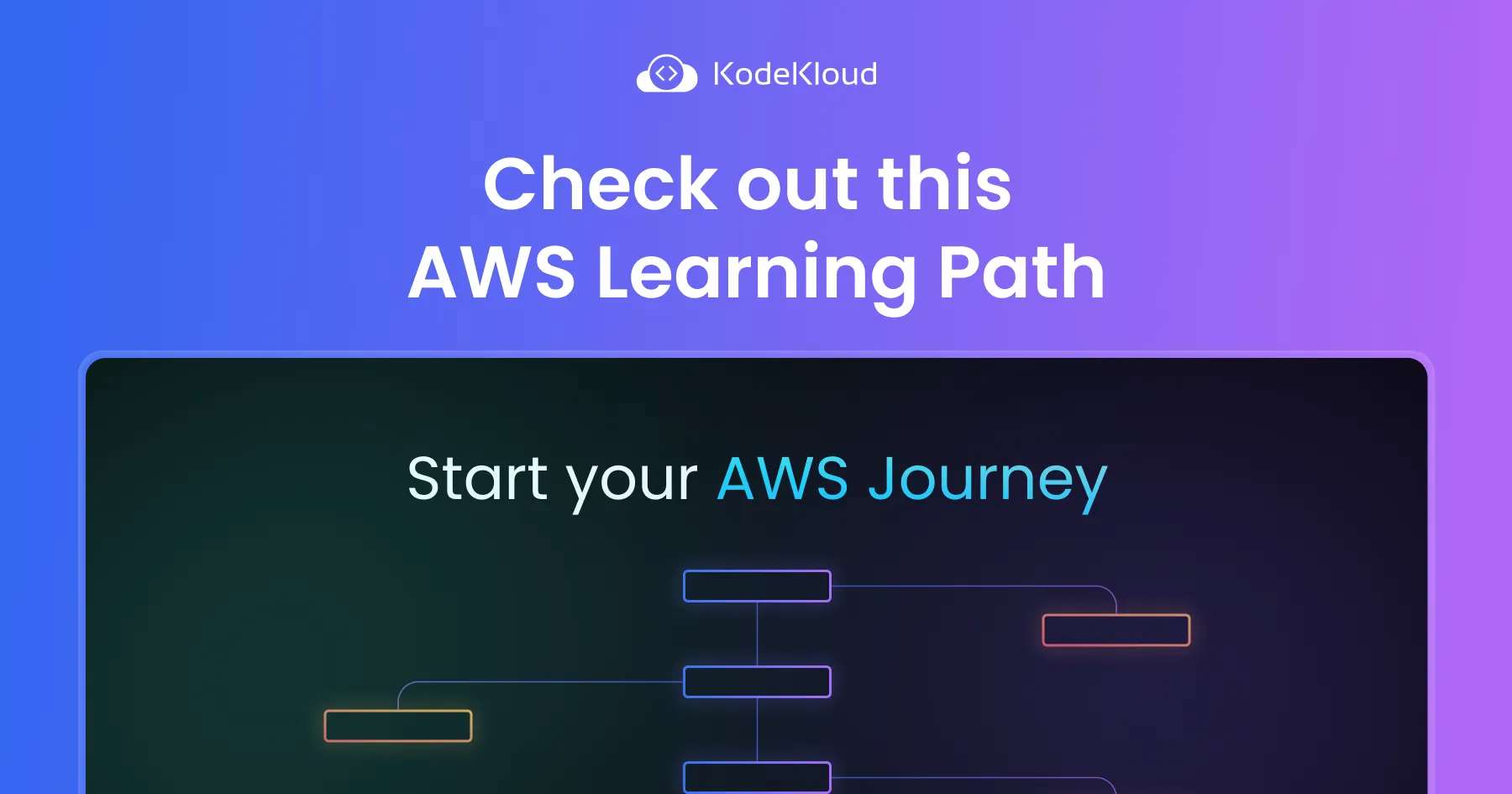


Interactive Hands-On Labs:
With KodeKloud’s interactive labs, you get the chance to practice in simulated cloud environments. Whether you’re setting up cloud infrastructures or automating deployments, these labs provide the real-world experience you need to master cloud concepts without the risk of live production errors. Public Cloud Playgrounds Links
Expert-Led Instruction and Real-World Scenarios:
Courses are designed and delivered by industry experts who bring real-world insights to the table. This ensures that you’re learning best practices and strategies that are currently being applied in the field.
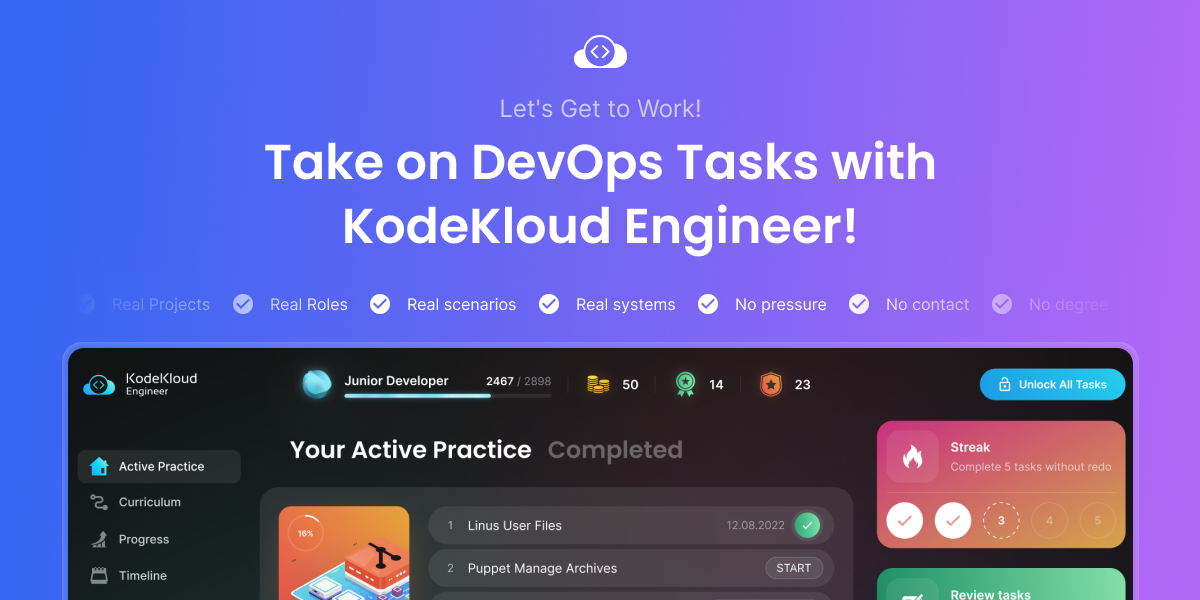
Community and Mentorship:
Beyond just courses and labs, KodeKloud fosters a vibrant community of learners and professionals. Access to mentorship, discussion forums, and peer support can help you overcome challenges and stay updated on the latest industry trends.
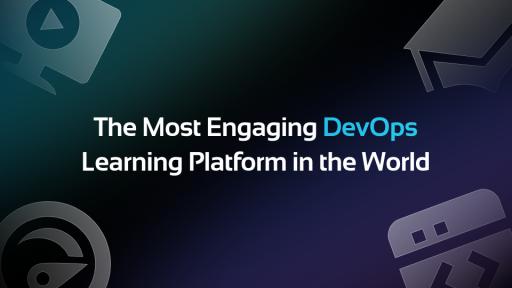
Proven Success Stories:
Many IT professionals have successfully made the leap to cloud engineering using KodeKloud’s resources. Their journeys serve as a testament to the effectiveness of a guided, hands-on learning approach.
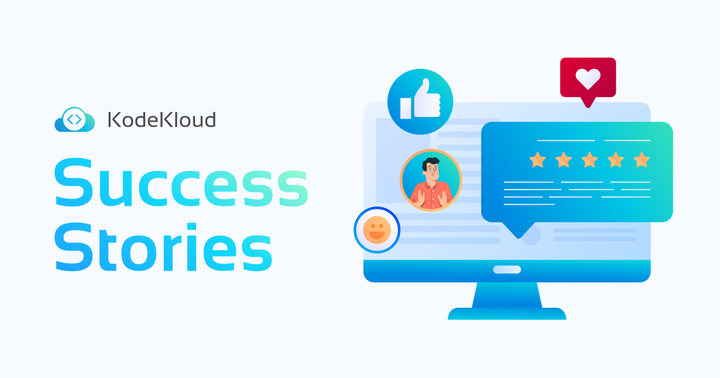
With these comprehensive tools and support systems, KodeKloud makes it easier for you to acquire the skills and confidence needed to excel in cloud engineering.
Ready to elevate your career and stay ahead of the curve?
The transition from traditional IT to cloud engineering is not merely a career upgrade—it’s a strategic move into the future of technology. With companies investing heavily in cloud technologies and a growing demand for cloud experts, now is the perfect time to evolve your career.By leveraging your existing IT skills, acquiring new cloud-specific competencies, and gaining hands-on experience through real-world projects, you position yourself at the forefront of this digital revolution. Platforms like KodeKloud provide the structured learning paths, interactive labs, and supportive community you need to make this transition successfully.
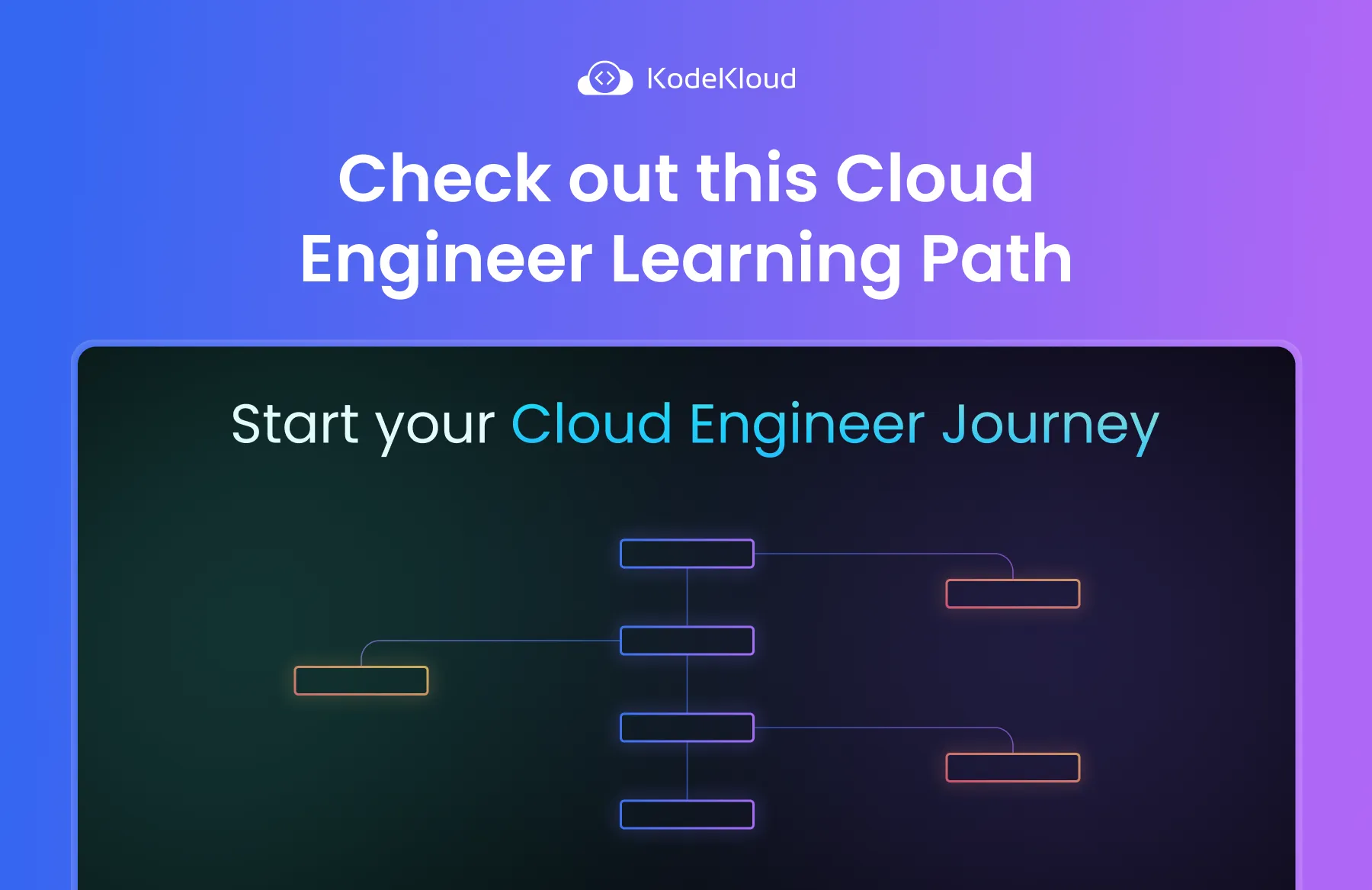
🚀 Take the first step toward cloud engineering with KodeKloud’s cloud courses and unlock your full potential.
🌥️ Embrace the future, transform your career, and join the wave of professionals leading the cloud revolution today!



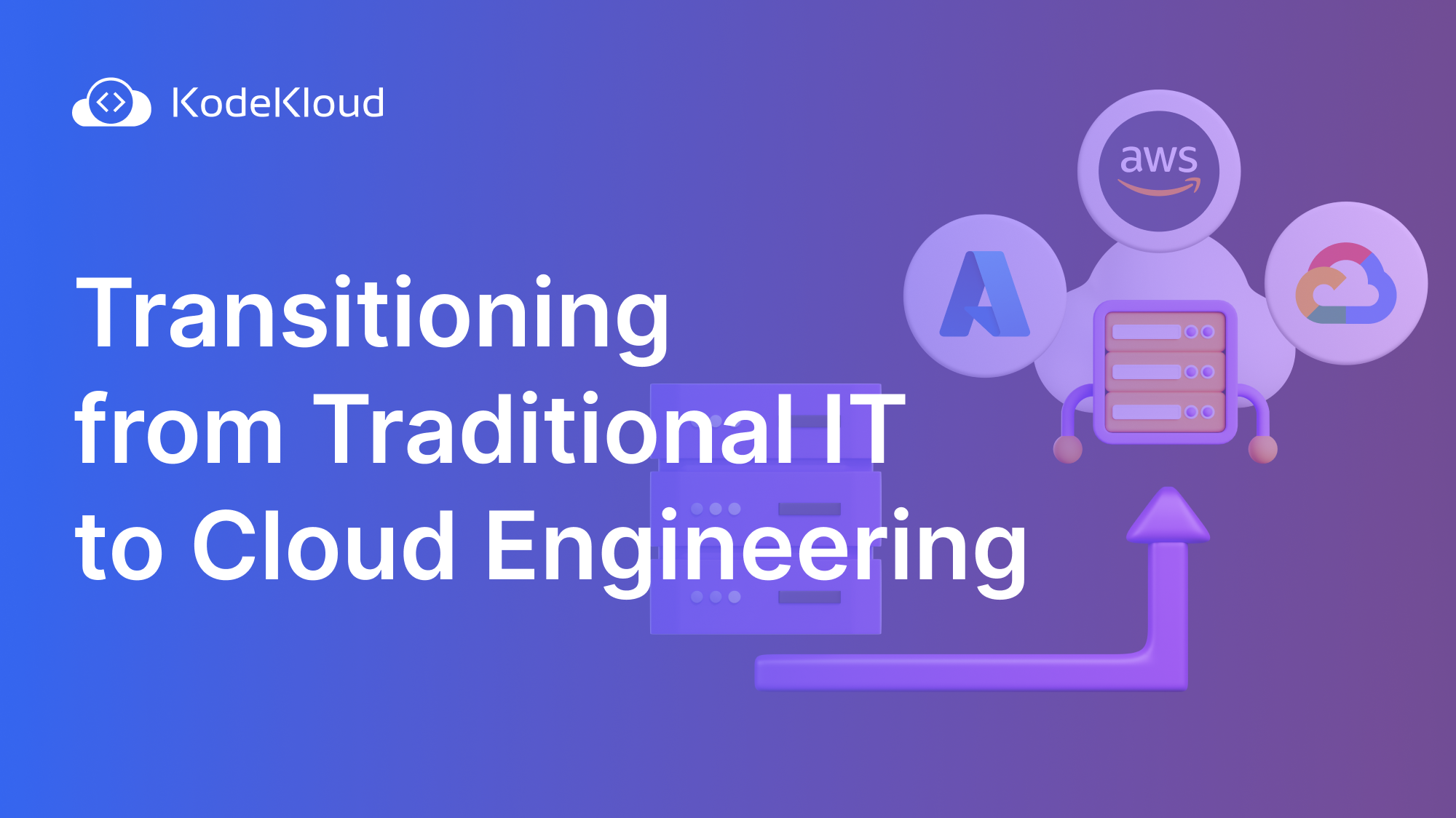







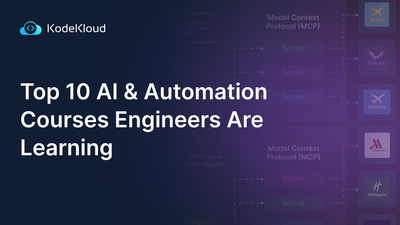
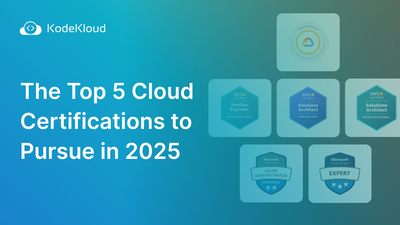
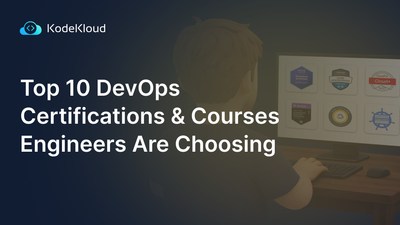

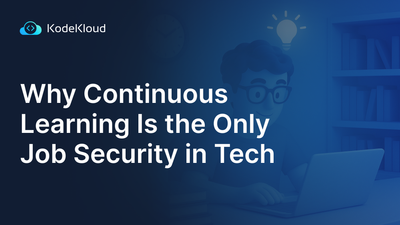

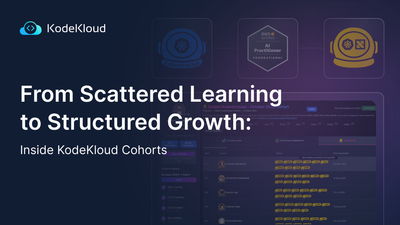
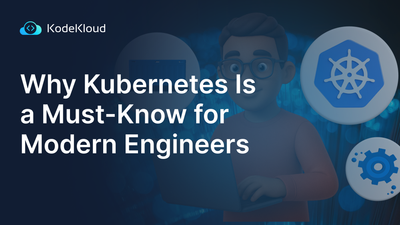

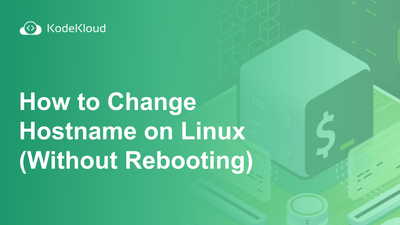

Discussion